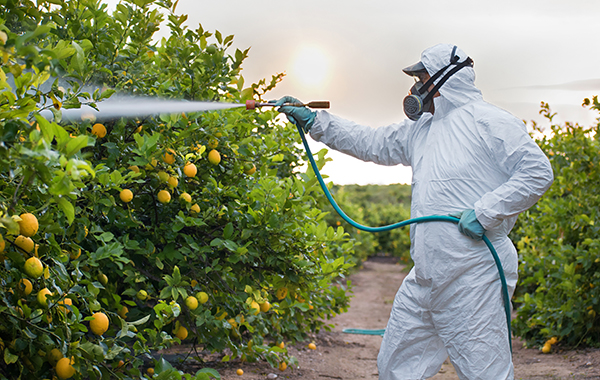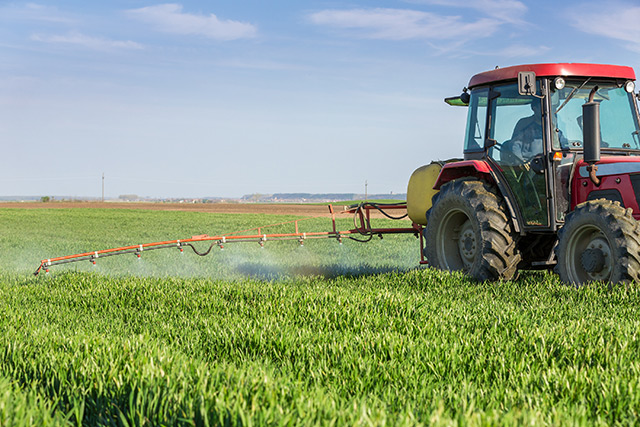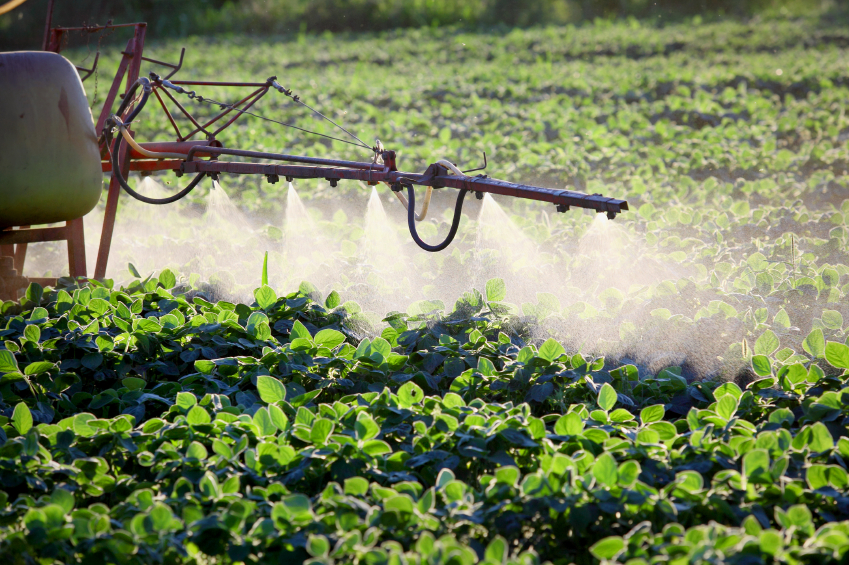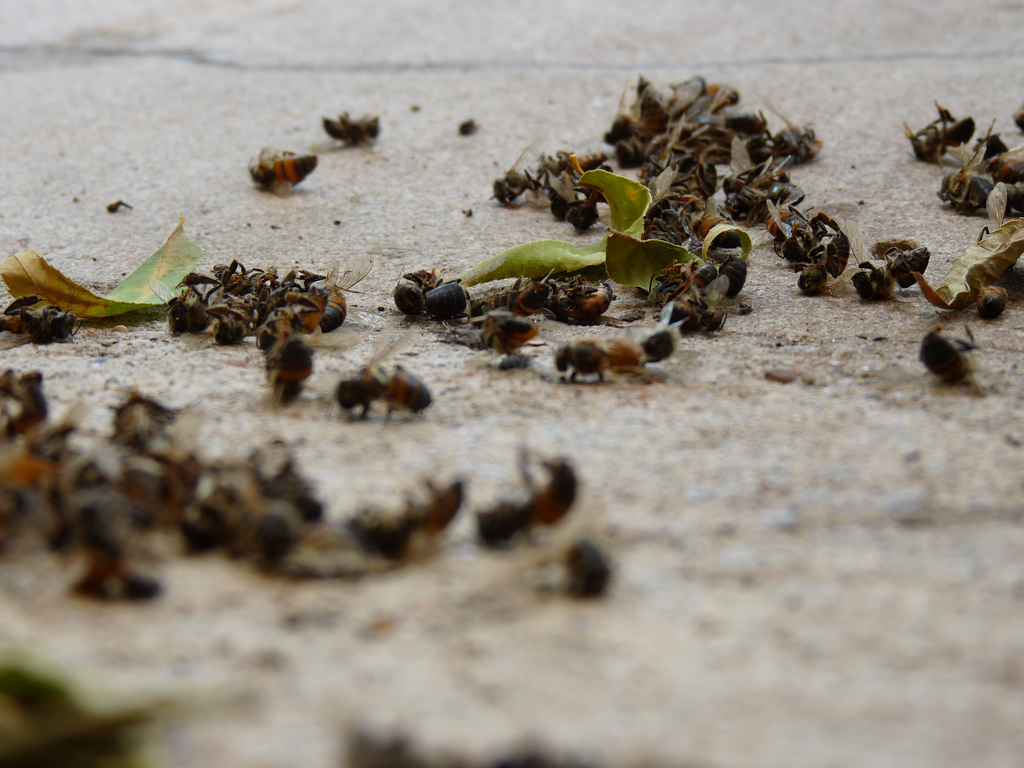
A shocking new study published in the journal Frontiers in Cancer Control and Society reveals that individuals living in U.S. agricultural communities where pesticides are sprayed face a cancer risk comparable to that of smokers. This new research highlights the significant health risks posed by agricultural chemicals even to people who are not directly involved in farming. This research has significant implications for young, developing children living in rural communities.
Smoking is a habit that is chosen later in life. Children may be subjected to a similar level of carcinogens much earlier in life, and it’s not their choice to be subjected to these toxins. These agricultural chemicals are one of the driving forces behind the chronic disease epidemic plaguing U.S. children.
Increasing pesticide exposure correlated with increases in various cancer types, including leukemia
The study, conducted by a team of researchers from Rocky Vista University, analyzed cancer incidence data from nearly every county in the U.S. and compared it to federal data on agricultural pesticide use. The study's authors analyzed data from the U.S. Geological Survey (USGS) for 69 pesticides and cross-referenced this with cancer data from the National Institutes of Health (NIH) and the Centers for Disease Control and Prevention (CDC). The research uncovered a higher risk of cancer in areas with extensive pesticide use, contradicting initial assumptions that only direct exposure would significantly affect cancer rates.
Instead, the findings indicate a troubling correlation: the higher the pesticide usage, the higher the risk of developing various types of cancer, including leukemia, bladder, colon, lung, non-Hodgkin’s lymphoma (NHL) and pancreatic cancer.
"Agricultural pesticide usage has a significant impact on all the cancer types evaluated in this study," the authors state, noting that these associations are especially pronounced in regions with high agricultural productivity. The study's authors emphasize that pesticide-related cancer risks are on par with those associated with smoking cigarettes, which contain at least 70 different carcinogens.
Dana Barr, an environmental health researcher at Emory University not involved in the study, expressed concern about current U.S. pesticide regulations. "Right now, I don’t think the regulations for pesticides are the most health-protective," Barr said. "We need policy reform that puts the onus on the manufacturers to do a better job of evaluating safety before allowing new registrations."
Cancer risks highest in Midwest, correlated with dicamba- and glyphosate-based weedkillers
Isain Zapata, an associate professor at Rocky Vista University and one of the study’s authors, expressed surprise at the findings. "We naively thought some of the cancer rates would not be affected," he said. "But it doesn’t affect only people that are exposed directly while working with pesticides."
Zapata and his team used statistical analysis to map patterns of pesticide use and their correlation with cancer rates, finding the highest risks in states known for large-scale corn production, such as Iowa, Illinois, Nebraska, Missouri, Indiana and Ohio.
The researchers also identified specific chemicals that contributed significantly to cancer risks. For example, chlorpyrifos, paraquat and atrazine are all linked to kidney cancer and endocrine disruption. Organophosphates are linked to fertility decline in men. Glyphosate, the widely-used herbicide and the active ingredient in Roundup, has been classified as a probable human carcinogen by the International Agency for Research on Cancer and has since been associated with increased risks for several types of cancer. In a 2020 NIH study, dicamba was linked to higher risks of colon and pancreatic cancer. In February, a federal judge banned dicamba-based weedkillers produced by major manufacturers, ruling that the EPA had unlawfully permitted their use.
Despite these regulatory actions, the new study highlights a broader, nationwide issue with pesticide use and its health impacts. The entire agricultural system in the United States desperately needs to be reconfigured and weaned from widespread use of cancer-causing pesticides and herbicides. The cancer epidemic can only be addressed if the pesticide manufacturers are prosecuted -- their carcinogens replaced with formulas and methods that are non-toxic. Setting up new regulatory frameworks that permit the use of these chemicals at smaller doses only gives these companies more power to slowly kill us off. New regulations will make these poisoners and polluters appear restrained, but they will continue to profit from human suffering.
Sources include:
Please contact us for more information.



















